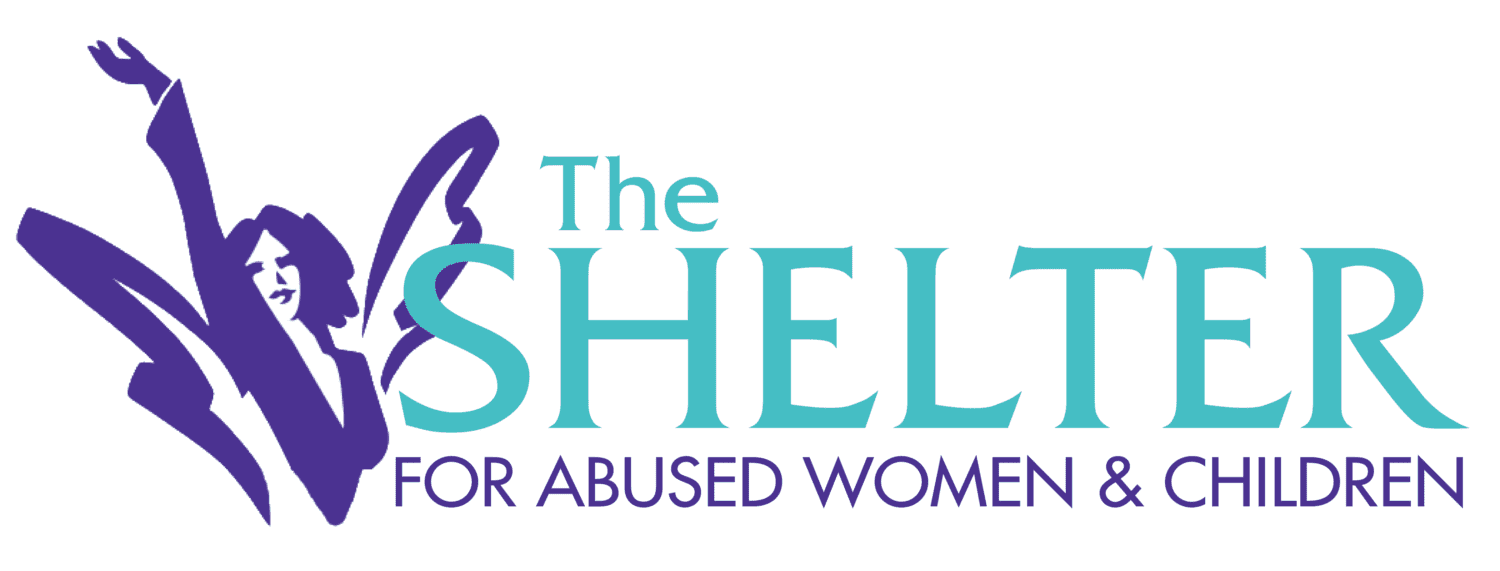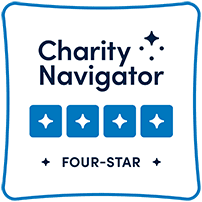#MeToo movement a reminder of victims who fear speaking out
Naples Daily News Editorial
January 13, 2018
The #MeToo movement has brought vital attention to the need for zero tolerance of sexual harassment and assault. It’s unmasked unacceptable behavior by well-known figures in the entertainment and media industries. It’s left seats vacant in Congress and the Florida Senate.
Much praise is due to those victims who bravely stepped forward to say, “Enough. This has to stop.”
As the movement gains momentum, we’re also reminded this is a specially designated month for attention to other victims who are trapped, too afraid to speak out and without the means to readily do so.
These are sexual assault victims in forced prostitution rings and financial occupational prisoners of human traffickers. Yes, these women and children who are modern-day slaves are among us in Southwest Florida just as anywhere else.
January is Human Trafficking Awareness Month. The state and region are fortunate to have government, institutional and community organizations and leaders collaborating to raise awareness and bring traffickers to justice, along with tending to the victims’ needs.
Among many, there’s Florida Attorney General Pam Bondi, Gov. Rick Scott, lawmakers, sheriff’s offices in Collier and Lee, Florida Gulf Coast University’s Human Trafficking Resource Center and organizations such as the Women’s Foundation of Southwest Florida and Shelter for Abused Women & Children in Collier County.
Why so many resources? FGCU center statistics show there were 75 law enforcement investigations into human trafficking in a seven-county region from Naples to Sarasota in 2014 and 2015.
Done, yet to do
+ The federal Frederick Douglass bipartisan act passed in July was “the most significant legislation regarding human trafficking,” shelter officials said in a statement. It “allocates $520 million over four years toward programs to identify and aid victims of trafficking and prevent it from occurring.”
+ Florida lawmakers have passed several laws since 2014 to crack down on human trafficking, from creating harsher penalties to measures ensuring the continued safety and solidifying the futures of children who become trafficking victims. Notably, there was the 2015 law requiring the posting of human trafficking awareness signs at rest stops, airports, emergency rooms and strip clubs.
Collier Sheriff’s Office officials said in a statement these posters have been an asset, though it’s “difficult to assess their direct value as an investigative tool because many of our human trafficking tips come to us anonymously through our tips line or the National Human Trafficking Resource Center tips line.”
As to the effectiveness of other measures? “We can say that we support any legislation that helps take human trafficking criminals off the streets,” Sheriff’s Office officials said.
+ Pending is a federal act that would provide money to the Labor Department for training law enforcement officers on how to identify victims. “The more education we provide to emergency personnel, the more victims we will be able to save,” the shelter statement says. The Collier shelter says the 49 trafficking victims it’s helped were identified by law enforcement.
+ A bill pending in the 2018 Legislature would require hotels and motels to have training programs for employees on identifying and reporting suspected human trafficking.
+ Nearly a year ago the Collier shelter began a campaign to raise $10.4 million in 18 months toward providing a shelter in the Immokalee area for victims of human trafficking and domestic violence. More than $7 million is donated and pledged so far, a spokeswoman said. More information on donating: naplesshelter.org/immokalee/
+ If you suspect someone is a victim, the always-staffed National Human Trafficking Resource Center hotline is 1-888-373-7888 or text 233733 (BE FREE). Locally, call the shelter’s 24-hour crisis hotline at 239-775-1101.






